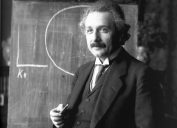The Fall of Putin: 7 Key Players That Could Bring Him Down
Russian key players are waiting in the wings to challenge Putin's leadership in the aftermath of the mutiny.

In a dramatic turn of events, a failed mutiny led by Yevgeny Prigozhin against Russian President Vladimir Putin has shed light on the nature of Russian leadership. The iconic strongman had disappeared for hours, and even after making a surprising deal with the rebel’s leader, his position now looks questionable and vulnerable.
This realization has left those aspiring for Putin’s downfall contemplating the necessity of armed insurrection rather than relying on peaceful means or the ballot box. “We need to wake up to the fact that the fall of the Putin regime and the creation of a better Russia will not come about through the ballot box or other peaceful means but will require armed insurrection,” the exiled oligarch turned pro-democracy activist Mikhail Khodorkovsky wrote after the coup.
Read on to learn seven power players who could take down Putin and examine the potential consequences for the world following such a revolutionary shift.
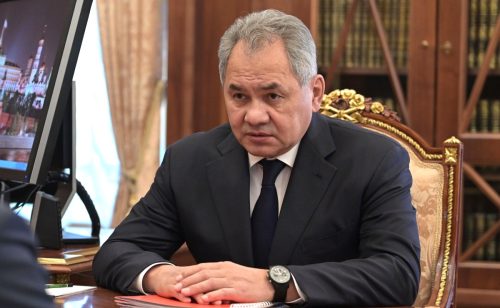
Sergei Shoigu, Putin’s loyal defense minister since 2012, has become the primary target of Yevgeny Prigozhin’s anger over Russia’s failures in the Ukrainian war. Despite Prigozhin’s uprising collapsing, he remains determined to oust Shoigu and armed forces chief Valery Gerasimov. Reports show that he emerged as the apparent winner after the failed mutiny.
Shoigu’s close bond with Putin, built over years of government service and showcased through their shared outdoor activities, has cemented his position in the inner circle. Putin values loyalty above competence, making it unlikely to yield to Prigozhin’s pressure and replace Shoigu, even in the face of criticism over military losses.
As the controller of the army, navy, and air force, he holds considerable power within the “armed corporations” that are expected to shape the balance of power after Putin’s reign.
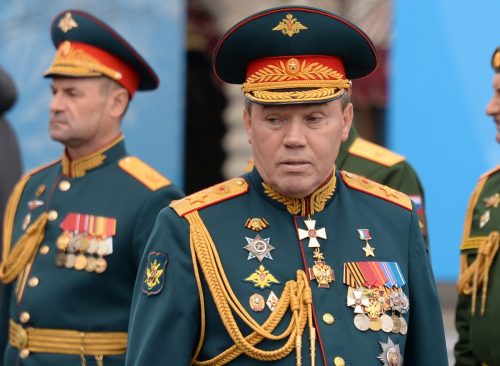
Serving as the first deputy minister and armed forces chief, Valery Gerasimov became a target of criticism within the military alongside his boss Shoigu. Gerasimov gained recognition in Western circles for his 2013 article on hybrid warfare, known as the Gerasimov doctrine. He oversaw significant strategic moves, including the annexation of Crimea in 2014 and Russia’s military intervention in Syria the following year.
However, Gerasimov’s reputation suffered due to Russia’s setbacks and substantial losses during the ongoing Ukrainian conflict, with troops ill-prepared for the resilience of Ukrainian resistance. He may still have influence, given Shoigu’s uncertain future, access to armed forces, and his experience in Russia’s military intervention in Syria in support of President Bashar Al-Assad.
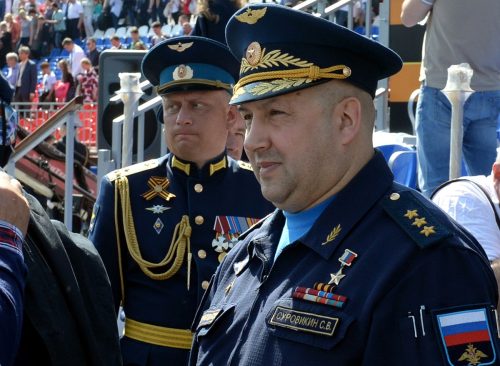
General Sergei “Armageddon” Surovikin, known for his ruthless tactics, has been a trusted Kremlin military commander who oversaw Russian military campaigns in Syria and Ukraine. Nevertheless, his current status and the level of trust the Kremlin places in him are now being questioned.
Surovikin has not been seen in public since his nervous plea in a video last Saturday, where he held a machine gun and urged Wagner boss Yevgeny Prigozhin to halt the insurrection. His whereabouts remain unknown. Recent reports from The New York Times suggest that Surovikin had prior knowledge of Prigozhin’s rebellion, raising further speculation about his involvement in the mutiny.
Surovikin may be in trouble now, but Putin may surprisingly turn to him to win failing army morale. He will be in a pole position for succession in a scenario where Putin disappears from the political scene.
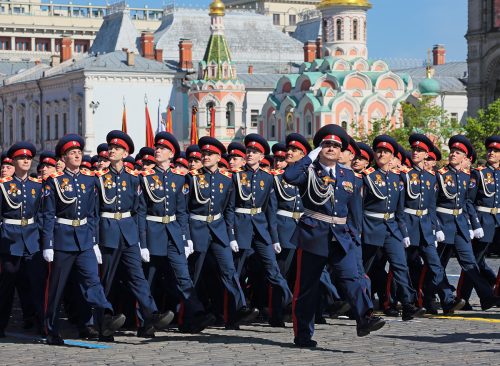
Within the Russian career officers, many soldiers share the rebels’ discontent with the senior command, Sergey Markov, a Russian political analyst close to the Kremlin, tells The Telegraph.
According to Markov, while these officers did not support the mutiny, they are well aware of the invasion’s disastrous consequences. Prigozhin showed them how easily a couple of units could challenge the government just by driving the highway toward Moacow.
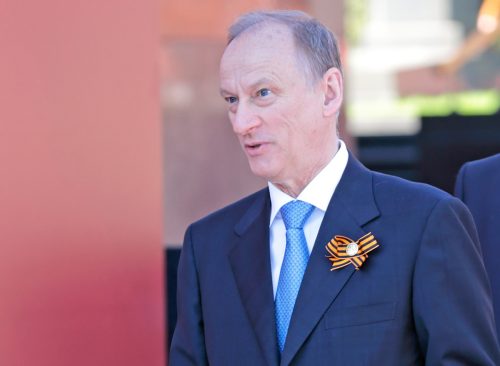
Russian security chief Nikolai Patrushev an influential and longtime ally of Putin from their KGB days, has emerged as a critical figure in the Kremlin. Speculation has arisen about his potential aspiration to succeed Putin, fueled by questions regarding the president’s health and Russia’s actions in Kyiv.
Patrushev, whose role is comparable to that of the U.S. national security adviser (think of John Bolton), maintains close ties to the Federal Security Service (FSB), the country’s most powerful armed agency, boasting a staff of up to 80,000 personnel. Patrushev’s worldview, shaped by the Cold War era, has significantly guided Putin’s military actions.

Viktor Zolotov, head of the Russian National Guard, has emerged from the shadows to claim credit for defending Moscow against the Wagner Group’s uprising. While Putin has struggled to regain control and save face, Zolotov, a loyalist, appears to be capitalizing on the situation and positioning himself for advantage.
In contrast to the flamboyant mutineer Prigozhin, Zolotov’s background as a general within the Russian army and his long-standing allegiance to Putin makes him a stark contrast. With escalating tensions and the potential for a civil war looming, Zolotov’s role in suppressing internal threats could consolidate power under his command.
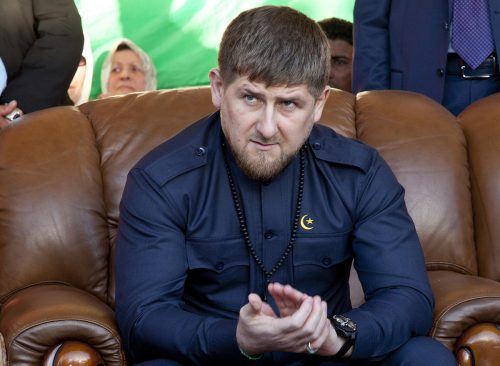
Ramzan Kadyrov, the leader of Chechnya, openly supported Putin in a Telegram post, stating that Chechen fighters were moving to the conflict zone to suppress the rebellion and protect Russia’s unity. Verified videos showed Chechen forces loyal to Kadyrov mobilizing in Russia’s Rostov region.
Kadyrov, who succeeded his father as Chechnya’s leader in 2007, has a reputation for brutality, presiding over violent anti-gay purges and being linked to human rights abuses. He is also a devoted cat daddy and self-proclaimed social influencer.
He has remained a loyal ally to Putin for over 15 years and denounced Prigozhin. Chechen forces have been fighting alongside Russian soldiers in Ukraine, and Kadyrov offered to confront the Wagner forces as they approached Moscow, further solidifying Kadyrov’s role in supporting Putin’s regime.
The Telegraph reports that Kadyrov may face a significant test if Putin experiences a severe decline in health or passes away. It is rumored that Kadyrov maintains a unit armed to the teeth at a prominent hotel in central Moscow as an insurance policy. In the event of Putin’s absence, this armed group could swiftly take action, whether to support Kadyrov himself or back the faction or individual he endorses.
